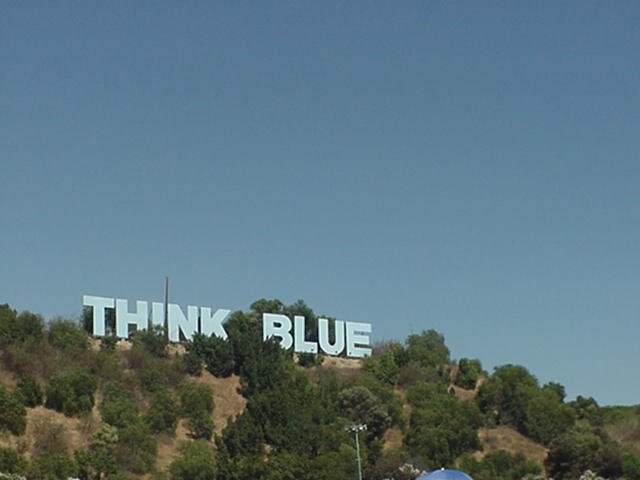Rumors Swirl!!?!! Lieberman to run as independent?
My oh my! Last night the Connecticut Democratic State Convention gave Joe a piece of their minds. His opponent, Ned Lamont, received 33.4% of the delegate votes in a show of no-confidence against sitting Senator Joe Lieberman. This was considered unthinkable in his once safe seat. Now, My Left Nutmeg reports rumors that Joe may bolt the party and run as an Independent.
The man called "Hannity's favorite Democrat" and a consistent apologist for the administration is now thinking of cutting and running- as the LamontBlog so aptly declares.
Below is a video from the convention of a guy stating that Lieberman has been rumored to be leaving the party in the next two weeks.
What's even more interesting than the rumor is Lieberman's rationale for leaving and the potential spin he will give publicly. First, he will have a better chance of winning in a statewide election. Which may be true since he will not face a potentially embarrassing Democratic primary and continues to have strong support among Republicans in the state. Secondly, his overall public perception allows him to say,
The man called "Hannity's favorite Democrat" and a consistent apologist for the administration is now thinking of cutting and running- as the LamontBlog so aptly declares.
Below is a video from the convention of a guy stating that Lieberman has been rumored to be leaving the party in the next two weeks.
What's even more interesting than the rumor is Lieberman's rationale for leaving and the potential spin he will give publicly. First, he will have a better chance of winning in a statewide election. Which may be true since he will not face a potentially embarrassing Democratic primary and continues to have strong support among Republicans in the state. Secondly, his overall public perception allows him to say,
"I don't want the people in the primary to decide who should be the next senator, I want all the people of Connecticut to decide who should be the next Senator, "as the man in the video proclaims. This would be an interesting turn of events.





